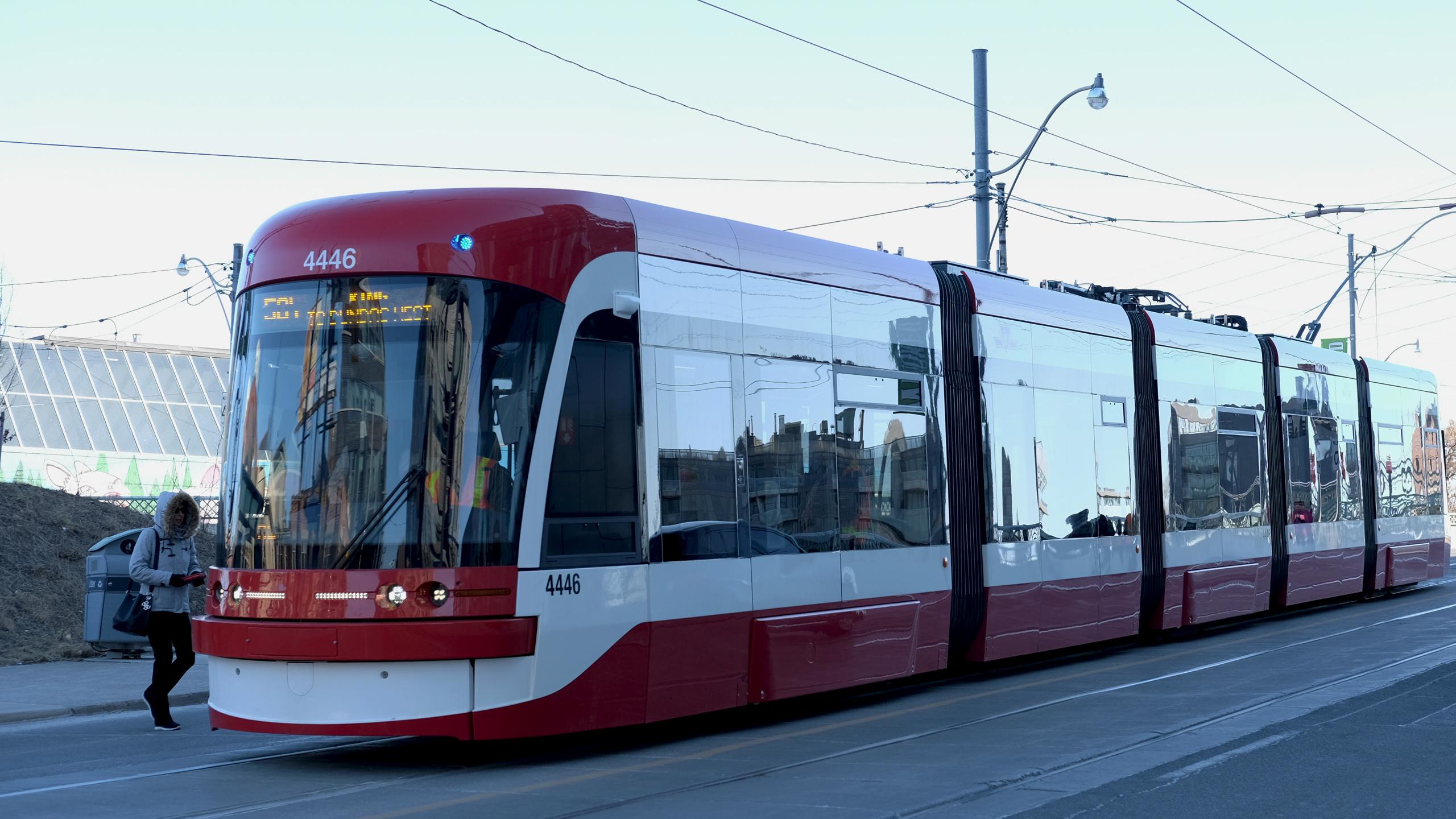By Sam Harley
Full-time Ryerson students will vote near the end of October to decide whether or not a $70 TTC pass will be added to their student fees in September 2019.
The “U-Pass” process began at Ryerson last fall, following a partnership between the Ryerson Students’ Union (RSU) and students’ unions at the University of Toronto (U of T), OCAD University and George Brown College.
After meeting with TTC representatives, each post-secondary institute planned to hold a referendum to see if students wanted to pay extra student fees in exchange for a discounted transit pass every semester.
The final vote for the transit pass at Ryerson will take place between the last week of October and first week of November, said Salman Faruqi, vice-president education of the RSU.
Meanwhile, the referendum at U of T failed in March, when nearly 66 per cent of students voted against it, as reported by The Varsity, the student newspaper at U of T.
Mathias Memmel, the U of T Students’ Union president at the time, told The Varsity the vote failed because, “A transit pass without opt-out provisions for those students living near campus is not sell-able.”
The new transit pass would benefit the majority of people at Ryerson, commuter or not, said Faruqi.
“This pass will benefit commuters who need to get to school … [and] other students in getting around the city and expanding their circles for work,” he said. “This would allow them to work further [and] move further from school and expand their Toronto experience.”
The mandatory discounted TTC pass would benefit everyone, first-year fashion communication student Lydia Charron agreed. “A lot of people pay for a TTC pass already so this is saving money.”
The U-Pass at Ryerson has since been renamed to an “RU-Pass” after Faruqi motioned to change the name during the RSU’s board of directors meeting in May. Faruqi said rebranding the pass will make students more enthusiastic about it and give them more ownership of their campaign.
The RU-Pass would provide students with an all-access transit pass for $70 per month, rather the usual $117. That reduction in cost would mean an increase in student fees for everyone; all students will have to pay an additional $280 per semester if it’s passed.
Faruqi said Ryerson students should expect to start seeing more advertising around the campus for the referendum in early October. Advertising will start to appear around campus once the Board of Directors sets an exact date for the vote, he added.
The Board of Governors at Ryerson is trying to extend the current transit bursary to $20,000 dollars in hopes to also aid GO Transit users, he said. This bursary is in place to help undergraduate commuter students pay for transit passes.
The new application is being formulated by the RSU and Registrar’s Office to focus money on commuter students; this would include both TTC users and GO Transit users.
There will be about $500 dollars available to all students who qualify for the bursary. The vice-president education said this would help students financially in the event the vote passes and the RU-Pass pass is implemented.













Lillian Smith
Wow what a great article!
Interesting concept but I must admit to wanting the option of being able to chose ! I mean what happened to the “democratic” process ?